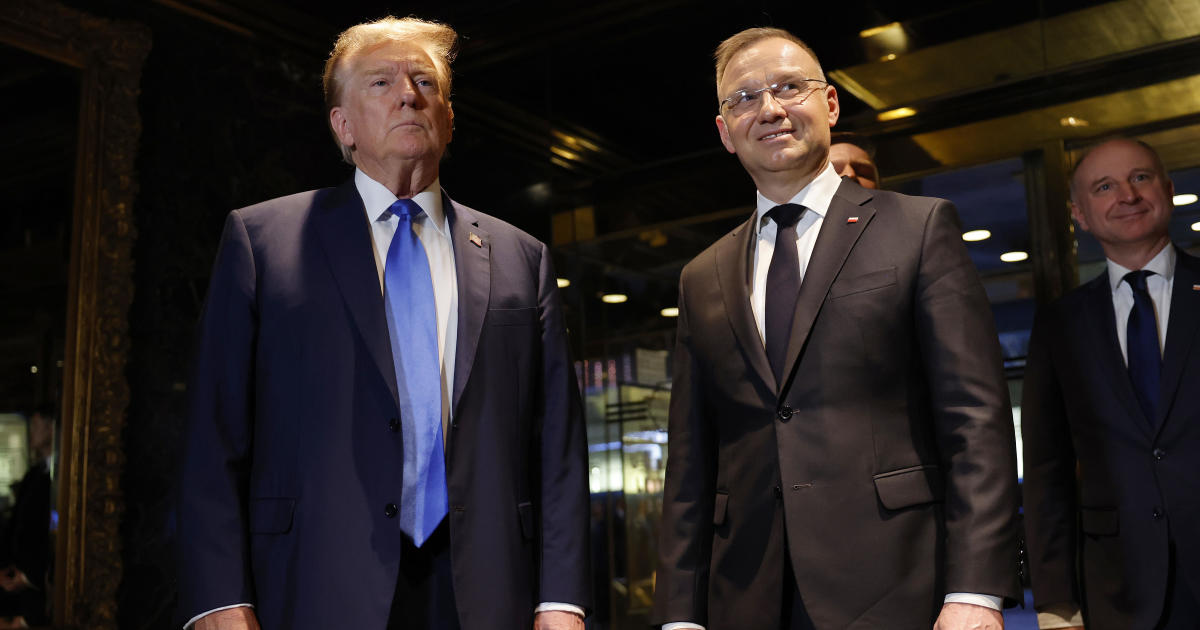Trump threatens to adjourn Congress – it would be unprecedented
Washington — Citing the coronavirus, President Trump is threatening unprecedented action - adjourning both houses of Congress - to entice the Senate to approve more of his nominees.
In recent years, Congress has refused to fully adjourn during most breaks precisely to prevent the president from making recess appointments. Little or no business is conducted in such pro-forma sessions, but they give members of both chambers of Congress the chance to go back home without going into recess.
It's a process lawmakers also employed to thwart former President Obama's nominees.
Mr. Trump says he's had enough and warns that he'll seek to adjourn both chambers of Congress if lawmakers don't formally declare a proper recess. That way, he could appoint some nominees without the Senate's approval. Mr. Trump said, "Perhaps it's never been done before, nobody's even sure if it has, but we're going to do it."
The Constitution doesn't spell out a unilateral power for the president to adjourn Congress. It states only that he can decide on adjournment if there's a dispute over it between the House and Senate. Such a disagreement doesn't now exist, nor is it likely to arise.
Constitutional scholar Jonathan Turley tweeted that the Constitution gives a president authority in "extraordinary occasions" to convene or adjourn Congress. However, he said, "This power has never been used and should not be used now."
"A pandemic should not be an invitation for pandemonium. Indeed, we need regular order now more than ever," Turley wrote.
Turley was the only one of four legal experts to testify on behalf of Republicans in a House impeachment hearing in early December.
If Mr. Trump tried to adjourn Congress, it would be an extraordinary showdown between the two branches of government that have engaged in repeated tests of constitutional powers in the Trump era.
It wasn't immediately clear if lawmakers' current absence from Washington due to the coronavirus pandemic could be considered one that resulted from an inability to agree on an adjournment date, the Reuters news agency points out. Both the Senate and House have said they plan to come back to Washington May 4. Both were scheduled to be out of town for two weeks this month for their annual Easter break even before the coronavirus crisis.
The president said Wednesday at the White House that, "The current practice of leaving town while conducting phony pro-forma sessions is a dereliction of duty that the American people cannot afford during this crisis."
Doug Andres, a spokesman for Senate Majority Leader Mitch McConnell, said the senator talked with Mr. Trump and shared his frustration about the process, but Andres also indicated the current rules regarding adjournments will remain. He said McConnell "pledged to find ways to confirm nominees considered mission-critical to the COVID-19 pandemic."
Under Senate rules, Andres said, that will require consent from Minority Leader Chuck Schumer.
Whether that will be enough for Mr. Trump is unclear. He acknowledged his actions would likely be challenged in court.
"We will see who wins," he said.



